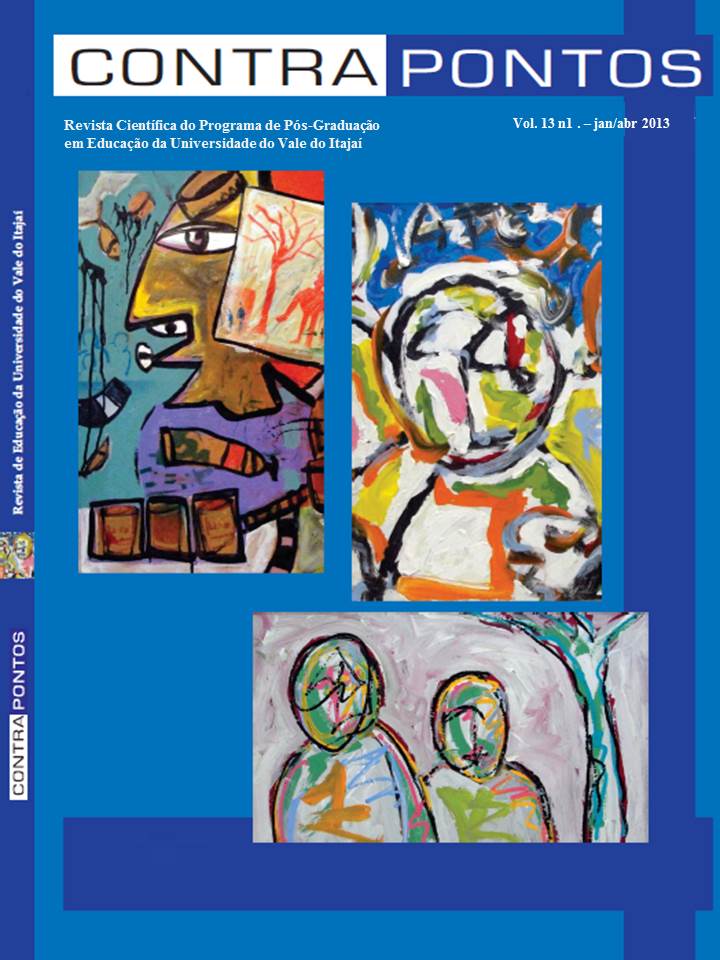ETHNIC-RACIAL STUDIES AND RE-SIGNIFICATION OF THE BASIC EDUCATION CURRICULUM
Published date: 21/03/2013

This article, which stems from a study funded by the CNPq, analyzes the re-significations that ethnic-racial studies have produced in the basic education curriculum. It is inspired by the theoretical field of cultural studies, whereby racism is the result of a complex articulation, identities and differences are a radically historical and cultural construction, and the basic education curriculum, besides focusing on knowledge (derived from an arbitrary selection), also produces identities and differences. In order to identify resignifications, all the papers approved for presentation at ANPED GT 21 from 2005 to 2011 were read and analyzed, with a total of 77 works. Two types of re-signification were identified, both of which are equally important to the basic education curriculum. The first type is linked to the historical struggle of the Black people to show that Brazilian education serves the interests of the hegemonic cultural group, i.e. it serves the interests of the White people, therefore the education curriculum is racist. The second type of re-signification created in the curriculum has to do with ongoing positive experiences in basic education. We conclude that these re-significations are extremely important for the basic education curriculum, in the sense of constructing it in a way that ensures an inter- and multicultural perspective.






